The NGO provides financial assistance to these women, who run their own families and are unable to work due to Taliban bans.
Just half a year after the Taliban returned to power in Afghanistan, the country is languishing in a state of crisis that has worsened and threatened the future of its population. The economic collapse is compounded by an unprecedented humanitarian crisis: 98% of Afghans don't have enough food and more than half are hungry, according to the United Nations World Food Program.
The rise in fundamental rights has also resulted in a decline in rights, especially for women and girls, as in the previous Taliban regime.
Many of them have been left widowed and have been caring their families as a result of the wars and the pandemic. This is the case of Bibi Halima, 63, who lost her husband three years ago; her son also left the country in 2020. "I would like to have the opportunity to earn a living, but now it is much harder for women to work," laments Bibi, who has remained at the helm of the family and five people depend directly on her.
In this context, the NGO Educo, as a member of the ChildFund Alliance, has launched a program to assist widowed mothers such as Bibi Halima, who are estimated to be close to two million in the country. In most cases, they are illiterate women, without financial resources or documentation, who cannot leave the house unless they are accompanied by a man. "These women can only beg for food to survive and feed their families," said Pilar Orenes, director general of Educo.
Aid to feed 1,300 children
The NGO, which oversees the education, protection and participation of children in fourteen countries, has launched a project to improve the situation of these women in the Kushk district of Rabat-e-Sangi, Afghanistan's Herat province. and their families. There are 230 households, led by widowed women, on which about 1,300 children depend. Educo offers financial aid equivalent to eighty euros per month, divided into three payments. The initiative is expected to run until at least June of this year.
A help that will alleviate the situation of women like Riza Gul, 50, who lost her husband a year ago and now lives with her daughter and grandchildren. “I used to go to other villages to work in housework or whatever; now, with the restrictions of the Taliban and the worsening economic situation, I cannot work. What should I do? Where should I go? How will I feed my family?”, she asks.
The problem facing Educo, which affects about two million women across the country, is particularly serious in Herat, a province in northwestern Afghanistan, where 77 percent of the population lives in rural areas. In this territory, 15% of households are led by women, a rate that is more than double than in the rest of the country. Thus, in Herat, it is estimated that these homes are about 10,000, which means that there are more than 50,000 children without their needs covered.
That is why the organization, through the ChildFund alliance, has focused its efforts on helping these women, who, unlike other sections of the population, don't have any kind of support. "There is no job in Afghanistan and basic necessities are becoming more expensive; This affects the entire population, but especially women and girls, who are victims of all kinds of violence and there is no system that ensures their protection, ”said Pilar Orenes.
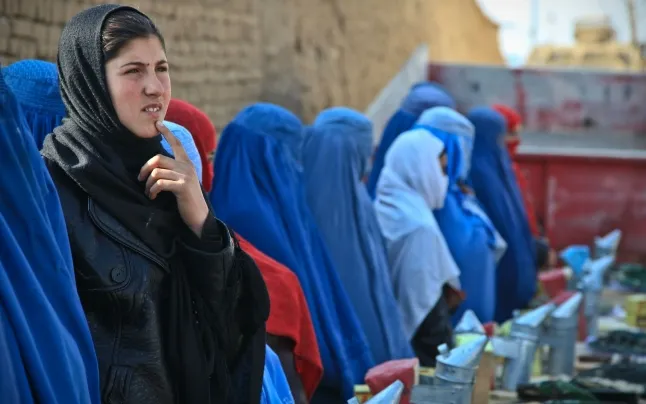

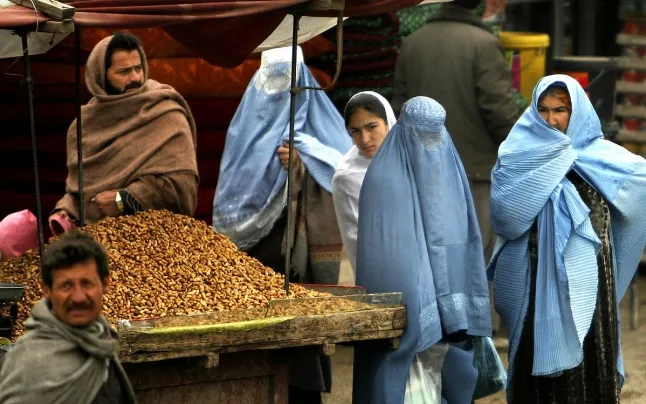


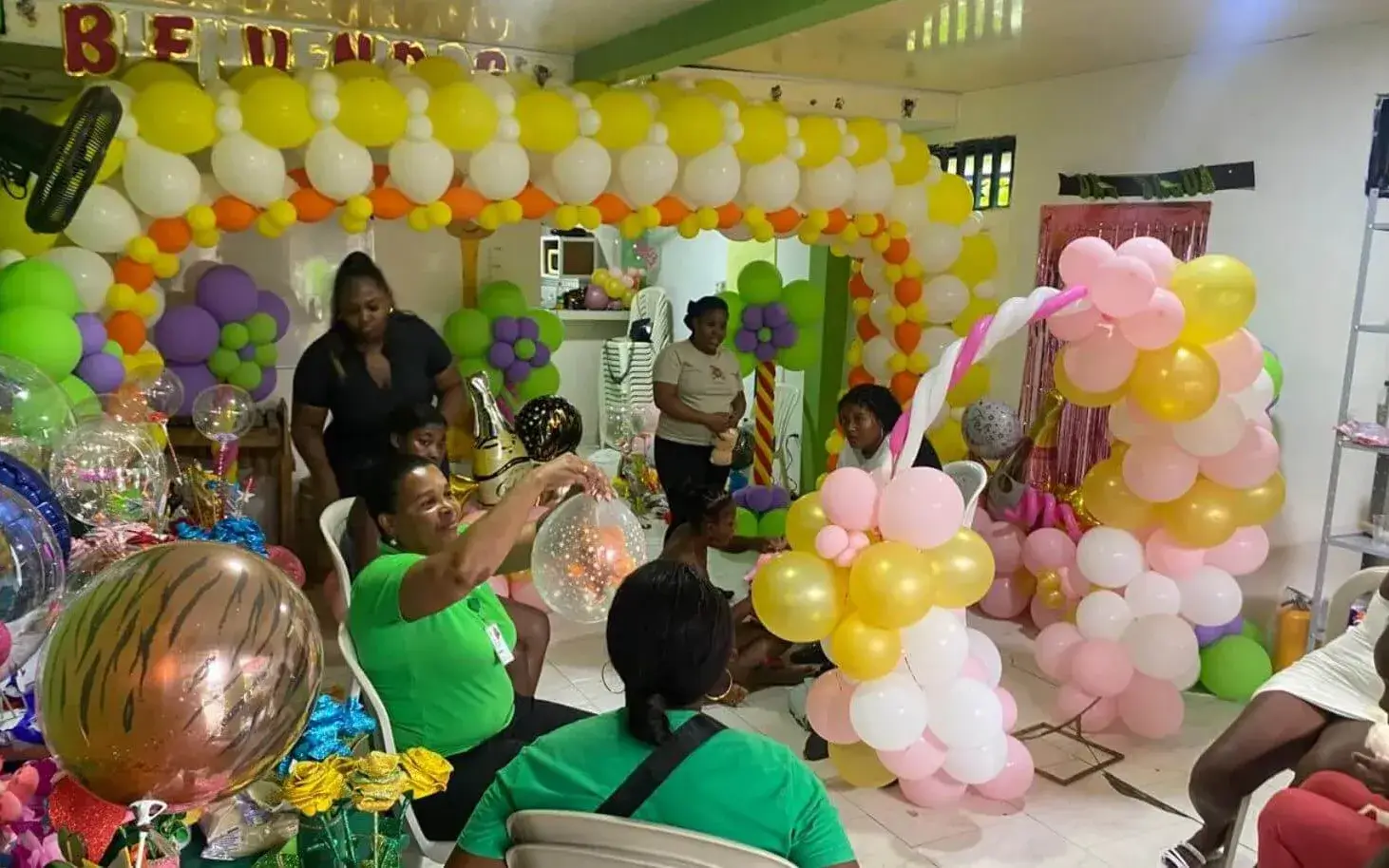
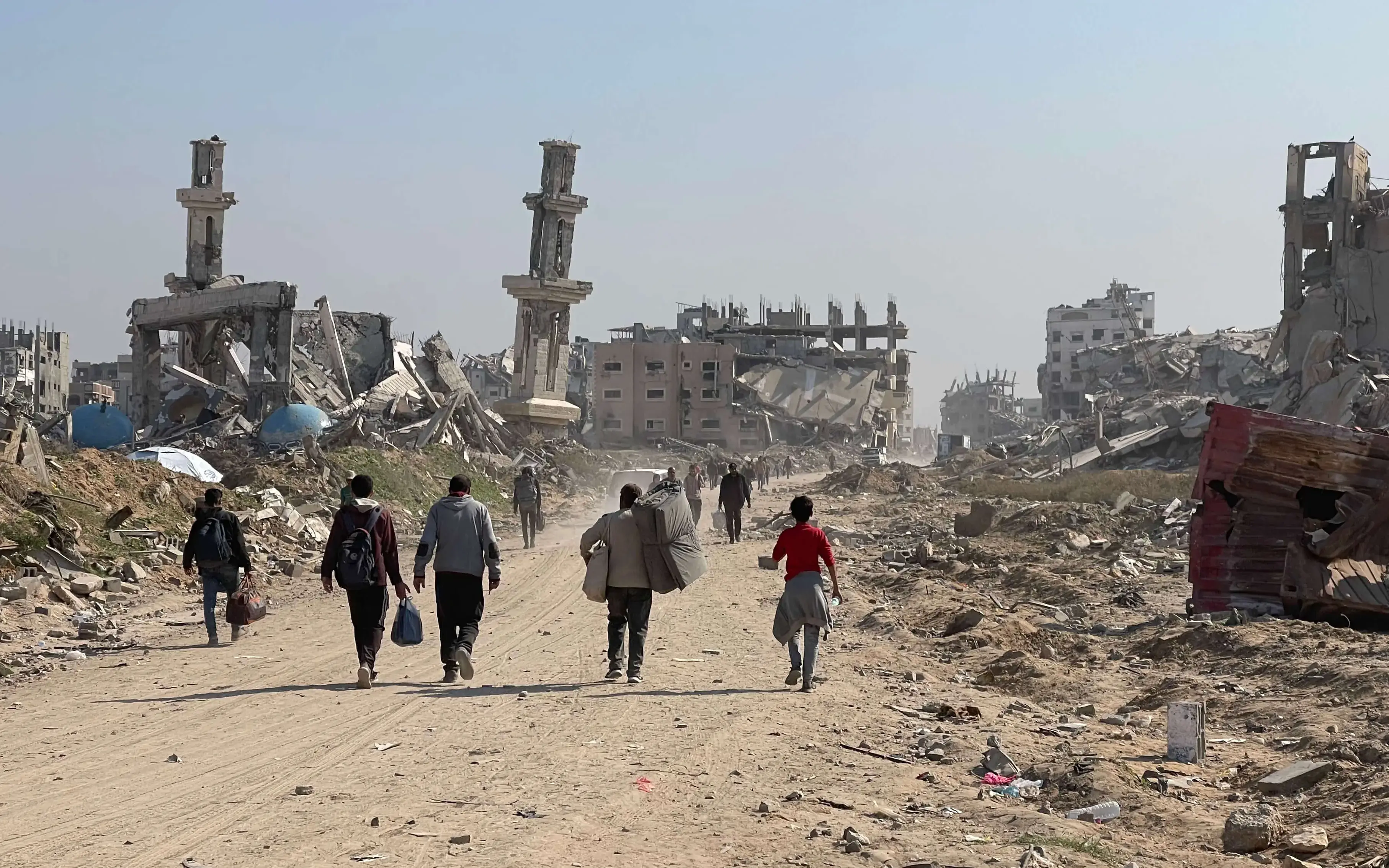
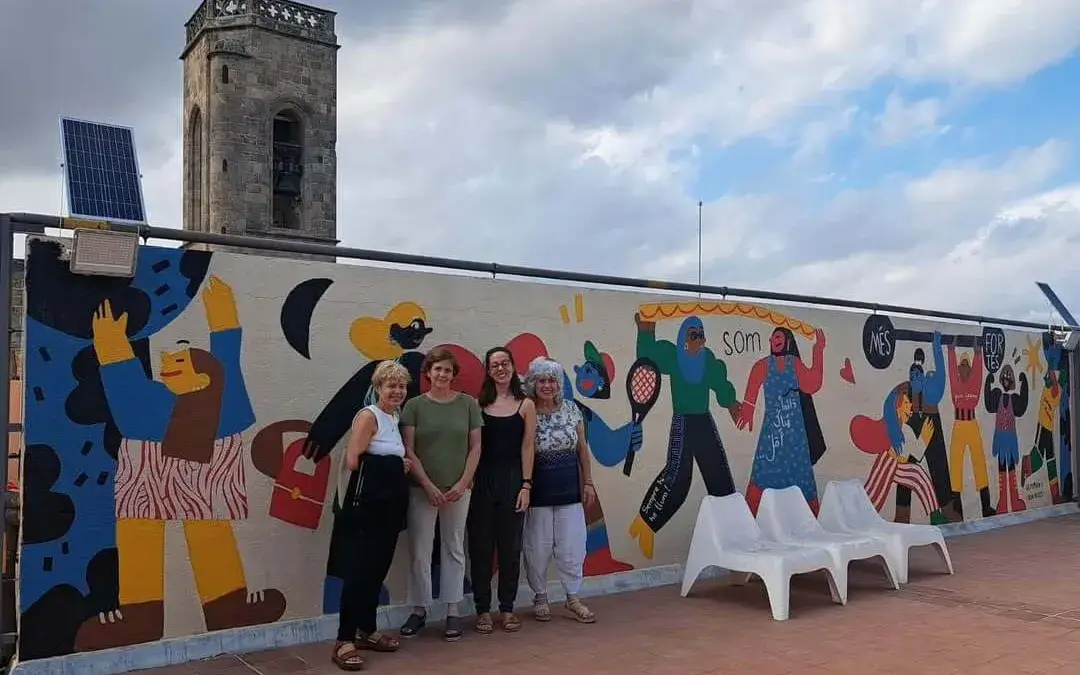

Add new comment